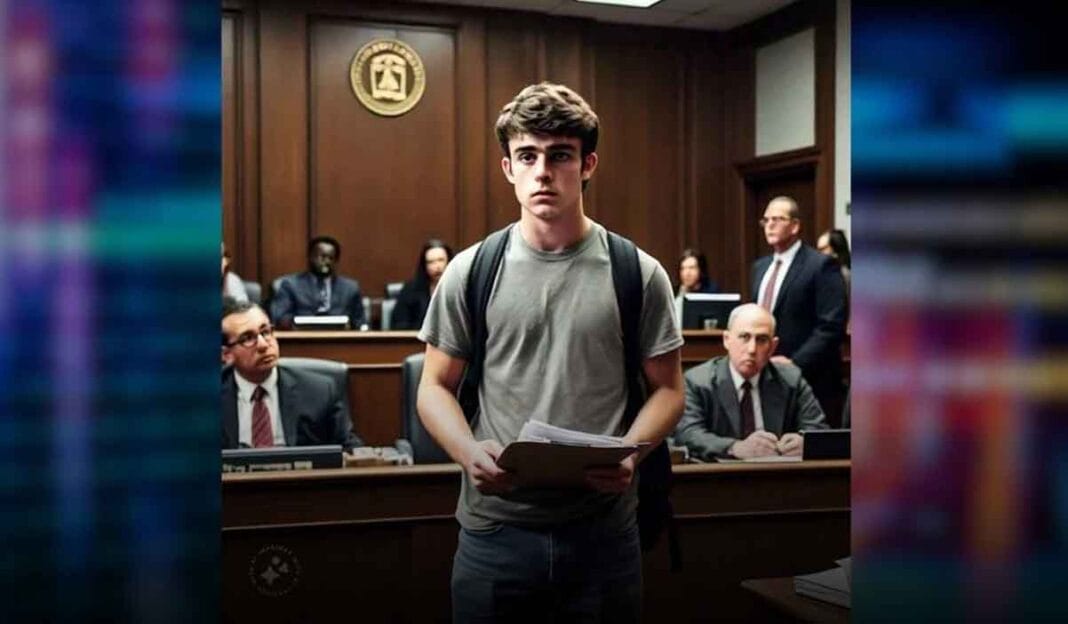The Punjab and Haryana High Court has issued a notice to OP Jindal Global University in response to a legal plea by an LLM student challenging the university’s classification of his exam submission as “AI-generated.”
This case, brought forth by Kaustubh Shakkarwar—a lawyer and former law researcher for Chief Justice of India Dhananjaya Y Chandrachud—could set a significant precedent regarding the use of Artificial Intelligence (AI) in academia and the intellectual property (IP) rights associated with AI-assisted work.
Shakkarwar’s case questions the decision of the university’s “unfair means committee,” which concluded that 88% of his answers in the “Law and Justice in the Globalizing World” exam were AI-generated, leading to a failing grade. The ruling was upheld by the Controller of Examinations. In his petition, Shakkarwar asserts that his work is entirely original, arguing that the university’s anti-plagiarism policies—defining AI as “unfair means”—were neither officially ratified nor enforceable, raising questions over their legitimacy.
Justice Jasgurpreet Singh Puri has admitted the petition, setting the next hearing for November 14. The student’s legal argument extends to the Copyright Act, 1957, specifically Section 2(d)(vi), contending that even if AI were involved, he would retain copyright as the primary author, as copyright law recognizes human authorship even when technological tools are used in creation.
The petition additionally states that the university’s plagiarism rules were not formally approved or gazetted, thus rendering them unenforceable, and claims that the university failed to establish a grievance redressal committee as mandated by student grievance regulations.
Shakkarwar’s attorney, Prabhneer Swani, highlighted the case’s potential to influence emerging laws on intellectual property and AI. Meanwhile, OP Jindal Global University declined to comment, noting the matter is sub judice. The court’s eventual decision may provide critical direction for handling AI-assisted academic work and IP rights in an era where AI technology continues to evolve rapidly.
(With inputs from agency)
Share your news, articles, deals, columns, or press releases with us! Click the link to submit and join our platform today.


